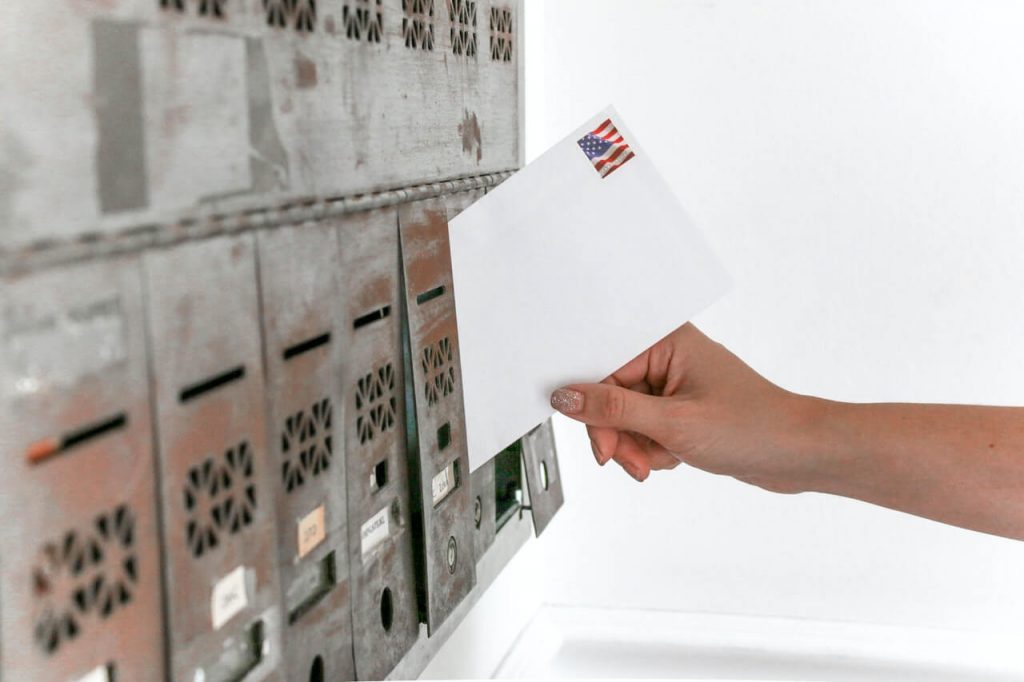
A security deposit is money that the tenant pays the landlord to cushion for any extra costs. It is refundable at the end of the lease term. Landlords in Roanoke require security deposits for a number of reasons. Some of the reasons for requiring security deposits are to cover for:
- Any damage exceeding normal wear and tear that a tenant may have caused during their stay in the rental. Examples of these damages that go beyond normal wear and tear include broken tiles, holes in walls, and unauthorized paint colors.
- Lost property income that results from property abandonment by the tenant.
- Missed property payments. If a tenant owes rent as a result of them terminating the lease or rental agreement early, Virginia landlords can use the deposit.
- Any unpaid utility bills or unpaid rent that a tenant fails to pay after they move out.
Most states, including the state of Virginia, have some security deposit law that outline how exactly landlords should handle tenants’ security deposit. For instance, the amount a landlord can collect as a deposit, what requirements a tenant must meet for its return, and when the deposit money should be refunded. Virginia’s security deposit law is part of the Virginia landlord tenant law.
In this blog, we’re going to take landlords through the basic overview of the statewide Virginia security deposit laws that also apply in the city of Roanoke. As a landlord, understanding these security deposit laws is key to avoiding issues not only with your tenant, but also with the Virginia landlord tenant law.
Security Deposit Limit
The state of Virginia limits how much you, as a Virginia landlord, can charge as security deposits. The maximum security deposit amount you can charge is capped at 2X the price of rent. That means, if you charge a monthly rent of $1,500, then you cannot charge anything more than $3,000 as security deposit.
Interest on Tenant’s Security Deposit
Before 2014, Virginia law required landlords to deposit a renter’s security deposit in an interest-earning account. They were then required to pay out the interest earned to tenants that had lived in the same dwelling for at least thirteen years.
Today, however, this isn’t the case. Virginia passed a law in 2014 that removed the requirement of storing a tenant’s security deposit in an interest-accruing account.
Justifiable Reasons to Deduct Part or All of a Security Deposit
At the end of a property term, Virginia landlords are required to return the tenant’s security deposit either in whole or in part. To get the entire security deposit amount, the tenant must return the dwelling unit in the same condition they found it without damages exceeding normal wear and tear.

Unfortunately, tenants don’t always get their full deposit refund. Sometimes, they only get back a portion of their security deposit. Some of the reasons for this include:
- Failure by the tenant to pay their utility bills.
- Breaking the lease early. A lease or rental agreement is a contract, and both parties are required to uphold its terms until the end. Generally speaking, if a tenant breaks the lease early, there are repercussions. Among them is the requirement to continue paying the rent still due under the lease or rental agreement. If they don’t, the landlord has a right to deduct the appropriate amount of unpaid rent from the security deposit.
- Damage in the dwelling unit caused by tenant negligence or misuse. Examples of excessive damage include, but are not limited to, carpet soaked with pet urine, damaged or missing door locks, a broken toilet seat, and a smashed bathroom mirror. Any pet deposit may be applied to pet-related damages; however, under Virginia law, all security and pet deposits together may not exceed two months’ rent and may not be used for ordinary wear and tear.
In all the aforementioned cases, as a Virginia landlord, you have the right to make appropriate deductions from their deposit. In such cases, the law requires that a landlord to notify the tenants within 30 days of making that determination. It goes without saying that the notice must be written.
If, however, the deduction is made 30 days before the tenant moves out, then there would be no need to let the tenant know.
Walk-Through Inspections
A walk-through inspection is required in the state of Virginia. A landlord must make reasonable efforts to ensure the tenant is present. The Virginia security deposit laws require that a landlord notify tenants within 5 days upon receiving their written notice to move out or when they give them a written notice to vacate.
If the tenant wishes to be present for the inspection, then they must respond to the notice in writing. Next, the Virginia landlords will need to schedule the inspection within three days after the tenant moves out. During the inspection, a landlord must then itemize the list of deductions and give them to the tenant.
Security Deposit Records
A landlord must keep all records of a tenant’s security deposit. If there are any deductions, then the landlord must maintain a record showing a list of itemized deductions over a period of 2 years.
Returning a Tenant’s Security Deposit
Under Virginia law, a landlord must return a tenant’s security deposit within 45 days of them moving out. If deductions need to be made, the landlord must include:
- The amount of security deposit they’re returning
- An itemized list of deductions, including the exact damages caused as well as their repair costs
A landlord can send the notice to the tenant via hand delivery or certified mail.

Change of Rental Property Ownership
If the rental property changes hands while the lease is still active, then it’s the responsibility of the incoming landlord to let the tenant know. It’s also the responsibility of the incoming landlord to make sure that the outgoing landlord transfers to them all the tenants’ security deposits.
Abiding by the Virginia’s Security Deposit Laws
It is crucial that a Virignia landlord follow the state’s laws when handling a tenant’s security deposit. If the landlord fails to follow all the provisions of the Virginia code, it could result in penalties for them.
Get Help!
Self-managing a rental property may not be a good idea. Landlords or property owners may not know how to find desirable tenants, maintain their property, ensure consistent rent collections, or even understand the Virginia property and landlord tenant law, including the Virginia security deposit law. Luckily for you, JMAX can help!
We have the experience needed to help you handle all your rental management needs. We can help you realize your investment goals. Get in touch with us today!
Disclaimer: This article is in no way a substitute for legal advice from a qualified attorney in Virginia. Virginia landlord tenant laws may change, and this post might not be updated at the time of your visit.


